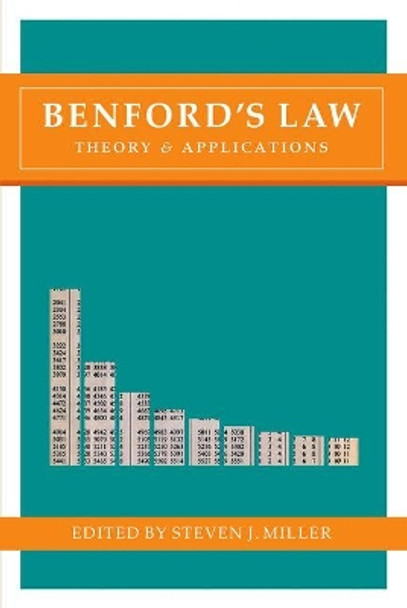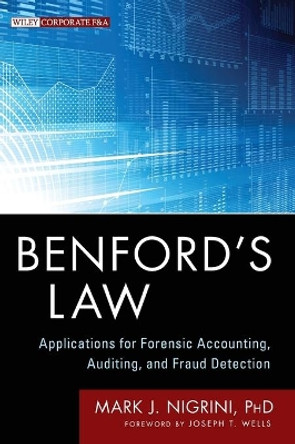Benford's law states that the leading digits of many data sets are not uniformly distributed from one through nine, but rather exhibit a profound bias. This bias is evident in everything from electricity bills and street addresses to stock prices, population numbers, mortality rates, and the lengths of rivers. Here, Steven Miller brings together many of the world's leading experts on Benford's law to demonstrate the many useful techniques that arise from the law, show how truly multidisciplinary it is, and encourage collaboration. Beginning with the general theory, the contributors explain the prevalence of the bias, highlighting explanations for when systems should and should not follow Benford's law and how quickly such behavior sets in. They go on to discuss important applications in disciplines ranging from accounting and economics to psychology and the natural sciences. The contributors describe how Benford's law has been successfully used to expose fraud in elections, medical tests, tax filings, and financial reports. Additionally, numerous problems, background materials, and technical details are available online to help instructors create courses around the book. Emphasizing common challenges and techniques across the disciplines, this accessible book shows how Benford's law can serve as a productive meeting ground for researchers and practitioners in diverse fields.
About the AuthorSteven J. Miller is associate professor of mathematics at Williams College. He is the coauthor of An Invitation to Modern Number Theory (Princeton).
Reviews"This book will prove to be both a valuable reference and a first source to turn to for whoever is interested in the mathematical genesis and empirical usefulness of Benford's law."--Walter Kramer, Statistical Papers
Book InformationISBN 9780691147611
Author Steven J. MillerFormat Hardback
Page Count 464
Imprint Princeton University PressPublisher Princeton University Press
Weight(grams) 765g










